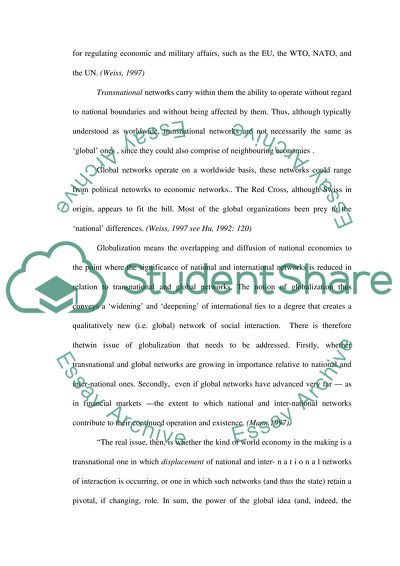Cite this document
(“Economic Globalization Essay Example | Topics and Well Written Essays - 2000 words”, n.d.)
Retrieved from https://studentshare.org/politics/1499858-economic-globalization
Retrieved from https://studentshare.org/politics/1499858-economic-globalization
(Economic Globalization Essay Example | Topics and Well Written Essays - 2000 Words)
https://studentshare.org/politics/1499858-economic-globalization.
https://studentshare.org/politics/1499858-economic-globalization.
“Economic Globalization Essay Example | Topics and Well Written Essays - 2000 Words”, n.d. https://studentshare.org/politics/1499858-economic-globalization.


